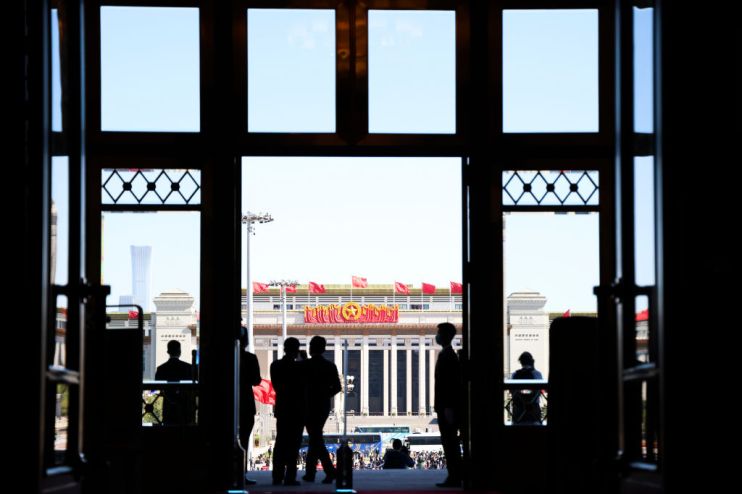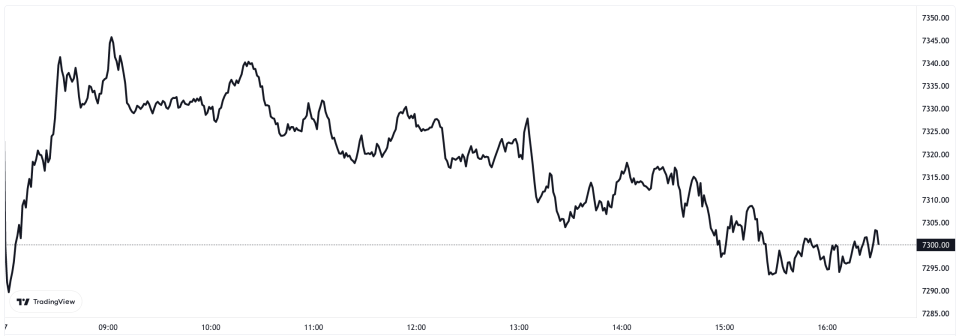FTSE 100 knocked by Beijing’s zero-Covid commitment

London’s FTSE 100 today was weighed down by market sentiment softening after Chinese authorities committed to strict measures to contain Covid-19 breakouts over the weekend.
The capital’s premier index dropped 0.48 per cent higher to 7,299.99 points, while the domestically-focused mid-cap FTSE 250 index, which is more aligned with the health of the UK economy, jumped over one per cent to 18,559.57 points.
Beijing officials over the weekend said they will continue to deploy a zero-Covid policy, raising fears over demand for FTSE 100-listed industrial giants’ products.
China is one of the world’s largest commodity consumers, while miners and other industrial giants make up a large proportion of the UK’s blue chip index. Oil producer Shell dropped more than one per cent.
“Hopes that Beijing was done with Covid lockdowns entirely certainly look premature but even a slight shift to a more pragmatic approach would be taken positively by markets,” Russ Mould, investment director at broker AJ Bell, said.
A stronger pound also added to the FTSE 100’s woes. Sterling climbed more than one per cent against the US dollar today.
FTSE 100 edged lower today

A big chunk of companies on the premier index are exporters, meaning their products become less competitive in international markets when the pound rises.
Focus on rising interest rates and their impact on shares is still a fixture in investors’ thinking.
Last week, the Bank of England lifted borrowing costs 75 basis points, the biggest hike in over 30 years, to three per cent. It was the eighth rise in a row.
Several rate setters, including the Bank’s chief economist Huw Pill tomorrow, deliver speeches this week which will be closely watched for clues on where UK rates are headed.
Traders are also guessing when the US Federal Reserve will stop their historic tightening cycle. It lifted rates 75 basis points for the fourth time in a row last week.
“Rate uncertainty remains the key to the market. When does the Fed stop and where?,” Neil Wilson, chief market analyst at Finalto, said.